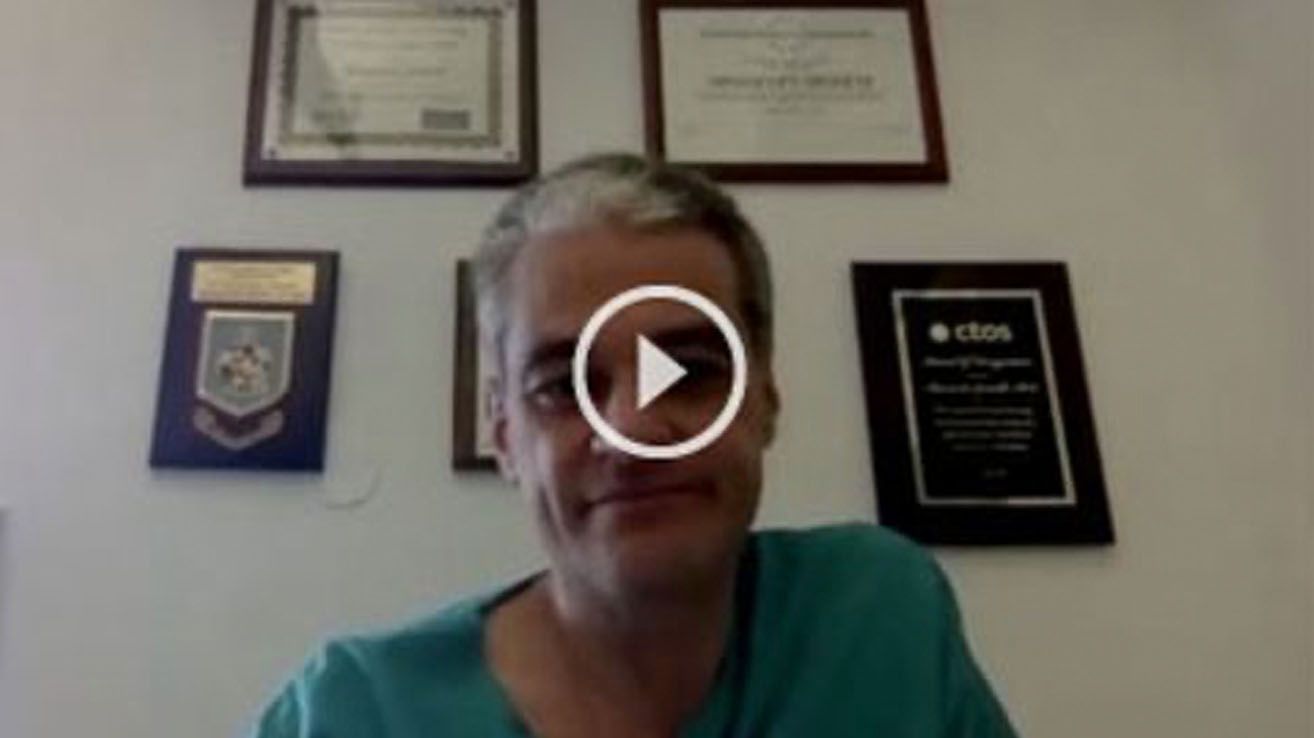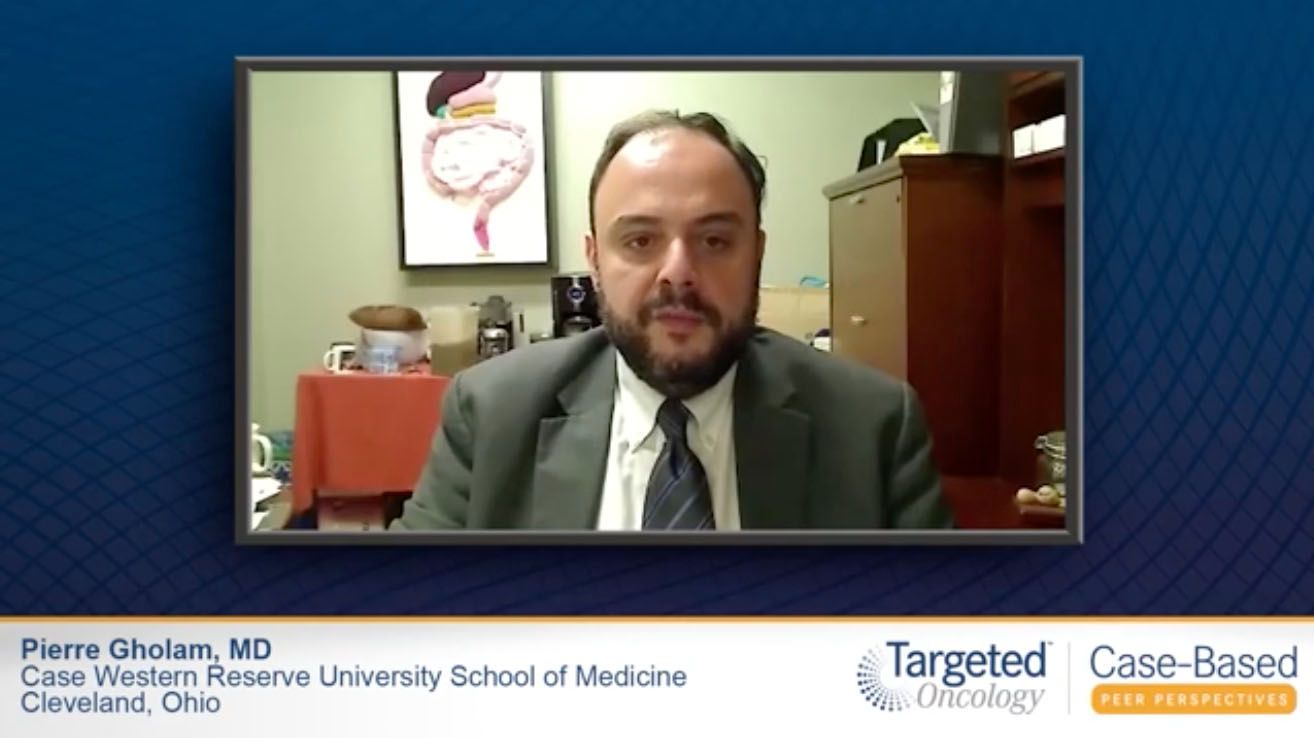Trending News on Targeted Oncology, Week of June 26, 2020
Targeted Oncology reviews trending news online for the week of June 26, 2020, including recent news from the FDA, updates in oncology, and new information regarding COVID-19.

In oncology news, the FDA granted approval to selinexor to treat adults with relapsed/refractory diffuse large b-cell lymphoma, not otherwise specified, who have received at least 2 prior lines of systemic therapy. Burosumab-twza (Crysvita) was also approved by the FDA this week as treatment of patients with tumor-induced osteomalacia aged 2 years or older. Pembrolizumab (Keytruda) was approved for the treatment of patients with recurrent or metastatic cutaneous squamous cell carcinoma that cannot be cured by surgery or radiation.
Among other FDA news, relugolix (Relumina) received a priority review designation in advanced prostate cancer, and the vaccine seviprotimut-L received a fast track designation for adjuvant use in stage IIIb/IIIc melanoma. The FDA announced plans to meet on July 14, 2020, with the Oncologic Drugs Advisory Committee to review belantamab mafodotin as a potential treatment of patients with relapsed/refractory multiple myeloma. A supplemental Biologics License Application was also submitted to the FDA, seeking expanded approval of ibrutinib (Imbruvica) in combination with rituximab (Rituxan) as treatment of Waldenström's macroglobulinemia.
These updates and others were trending this week:
FDA’s ODAC to Review Belantamab Mafodotin BLA for R/R Multiple Myeloma
The FDA announced plans to convene a meeting of the Oncologic Drugs Advisory Committee to review the Biologics License Application for belantamab mafodotin for the treatment of patients with relapsed/refractory multiple myeloma.
FDA Grants Priority Review to Relugolix for Men With Advanced Prostate Cancer
An oral 120 mg dose of relugolix (Relumina) received a priority review designation from the FDA for the treatment of patients with advanced prostate cancer, based on findings from the phase 3 HERO study.
Selinexor Introduces a New Mechanism of Action to Treat Relapsed or Refractory DLBCL
In an interview with Targeted Oncology, Michael Schuster, MD, of Stony Brook Cancer Center, discussed the findings from the phase 2 SADAL study and the importance of the FDA approval of selinexor for the treatment of relapsed/refractory diffuse large B-cell lymphoma.
Ipatasertib/Abiraterone Triplet Improves Radiographic PFS in mCRPC With PTEN Loss
Ipatasertib plus abiraterone acetate (Zytiga) and prednisone/prednisolone led to a statistically significant reduction in the risk of disease worsening or death compared with abiraterone and prednisone/prednisolone alone in patients with metastatic castration-resistant prostate cancer and PTEN loss, according to initial findings from the phase 3 IPATential150 trial.
Liso-cel Maintains Efficacy in Outpatient Setting for Patients With Large B-Cell Lymphomas
The administration of lisocabtagene maraleucel (liso-cel) in the outpatient setting with subsequent monitoring was implemented successfully in 3 clinical trials at academic and nonacademic medical centers, demonstrating consistent efficacy and safety with previous data of this treatment in patients with large B-cell lymphoma in the inpatient setting.
Evaluating the Activity of Trabectedin and Radiotherapy in Sarcoma
Alessandro Gronchi, MD, of the Istituto Nazionale Tumori, discusses a phase 2 trial of trabectedin (Yondelis) and radiotherapy in patients with soft-tissue sarcoma.
Case Based Peer Perspectives: A 61-Year-Old Man With Stage 4 Hepatocellular Carcinoma
Pierre Gholam, MD, of the Case Western Reserve University School of Medicine, provides insight on the case of a 61-year-old man with stage 4 hepatocellular carcinoma and evaluates current treatment options on tyrosine kinase inhibitors.
Special Feature: COVID-19 Update

Managing Patients With Myeloid Malignancies During and After the Global COVID-19 Pandemic
A group of physicians described their experiences and recommendations for managing and treating patients with myeloid malignancies, including myeloproliferative neoplasms, acute myeloid leukemia, and chronic myeloid leukemia, during the COVID-19 pandemic and after.

